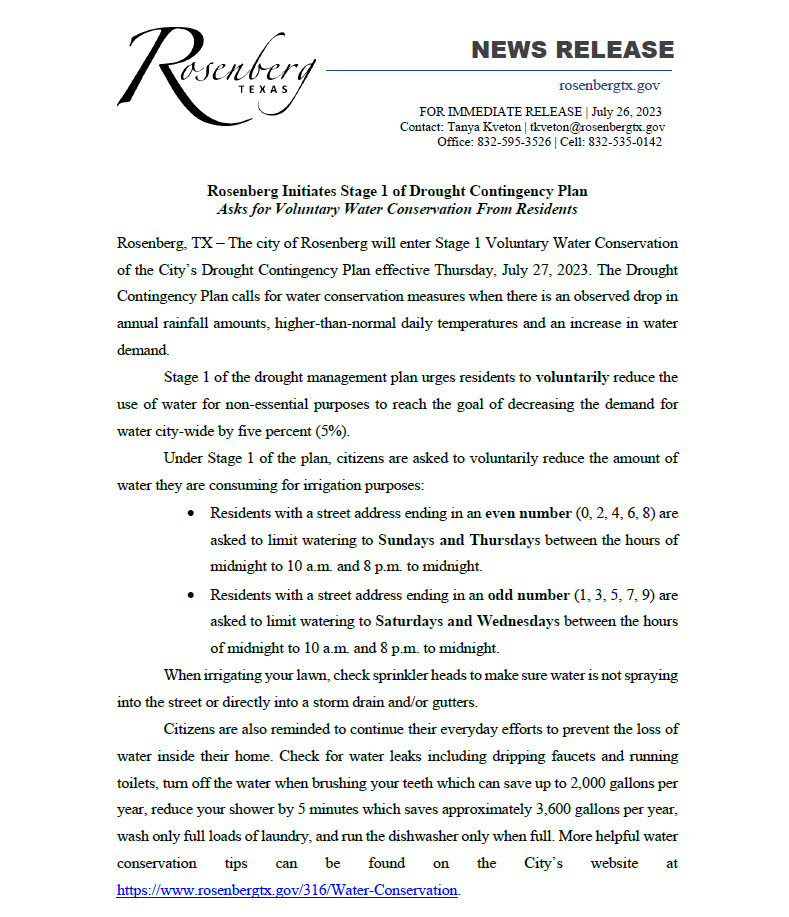Important Notice: Texas Pride Disposal Suspends Recycle Collection to Focus on Household Waste
Please be advised that Texas Pride Disposal is suspending all recycle collection services for the remainder of this week. Our focus for the remainder of the week will be on the collection of household waste only.


